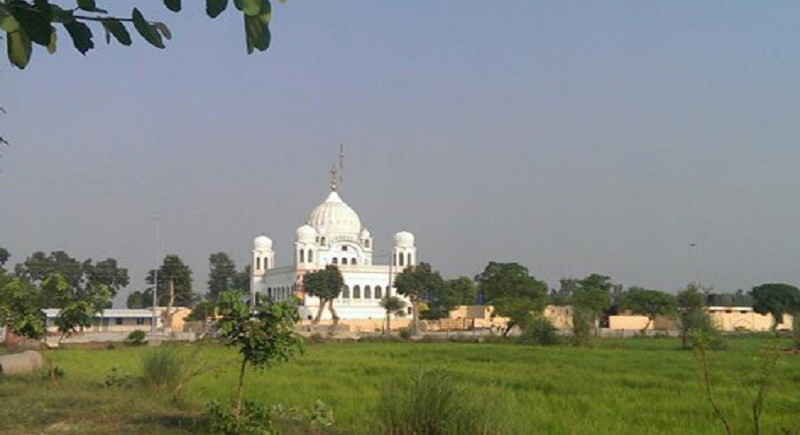Villagers unite together for ‘their’ land compensation being used for Kartarpur corridor
Kartarpur, March 22: Some 600 villagers who are facing eviction due to the Kartarpur corridor project, say they will block the development work if denied compensation of their land on commercial rates as Pakistan and India discuss the alignment of Kartarpur corridor.

“My ancestors had settled in the village even before the partition and now our fifth generation is living here. Some officials told the residents that the government was planning to build Kartarpur corridor on our land, therefore we will have to vacate it,” Mohammad Arshad of Kothay Khurd said.
The entire population (600) of Kothay Khurd village, where Gurdwara Dera Sahib Kartarpur is located (some 125 km from Lahore), has been ordered by the district administration to vacate their houses immediately for the development of the corridor to facilitate the Sikh pilgrims from India.
It said no ordinary compensation would be accepted and the affected families are given one job each.
Evacuee Trust Property Board spokesman Asif Hashmi said almost 40 per cent of the work on the corridor had been completed. “It will be completed by November to observe the 550th birth anniversary of Guru Nanak Devji.”
The Pakistan Kissan Rabita Committee has demanded immediate compensation for farmers at commercial rates. Deputy Commissioner Waheed Asghar says the government is acquiring the land under Section 4 of the Punjab Land Acquisition Act 1894, and it will pay compensation for the crop and land. He denied that the government was forcefully evicting the villagers. “We are trying to resolve the matter peacefully,” he said.
“We are living in the area for centuries and it is not possible for us to leave the area and the graves of our ancestors,” another villager Zaeem Hussain said, adding that the government officials had only told them that they would be compensated after their land and houses had been acquired.
Hussain said there had been a consensus among the villagers to sacrifice their agricultural land, but none of them was ready to leave their ancestral houses.